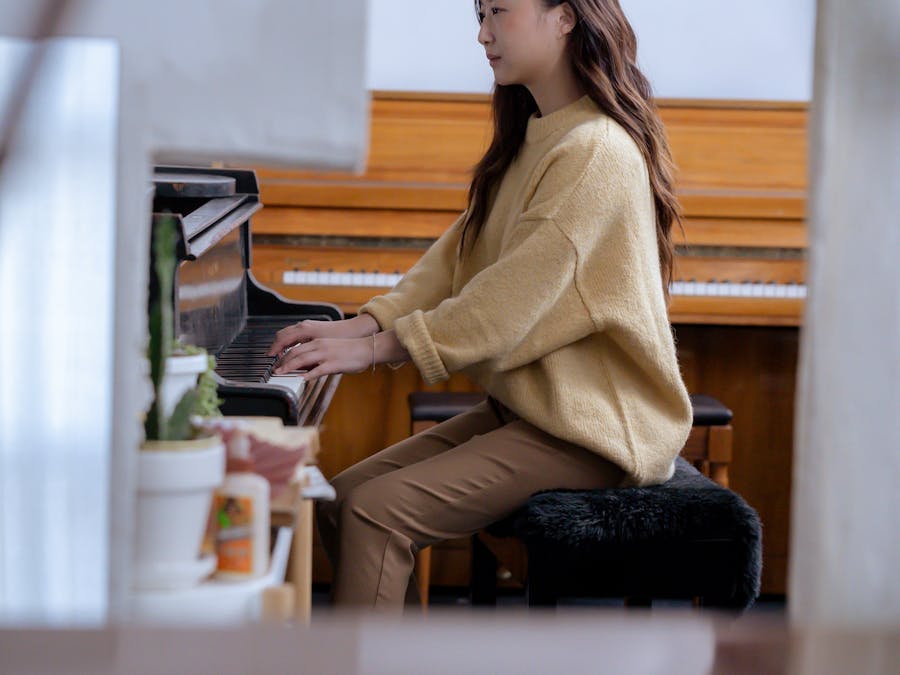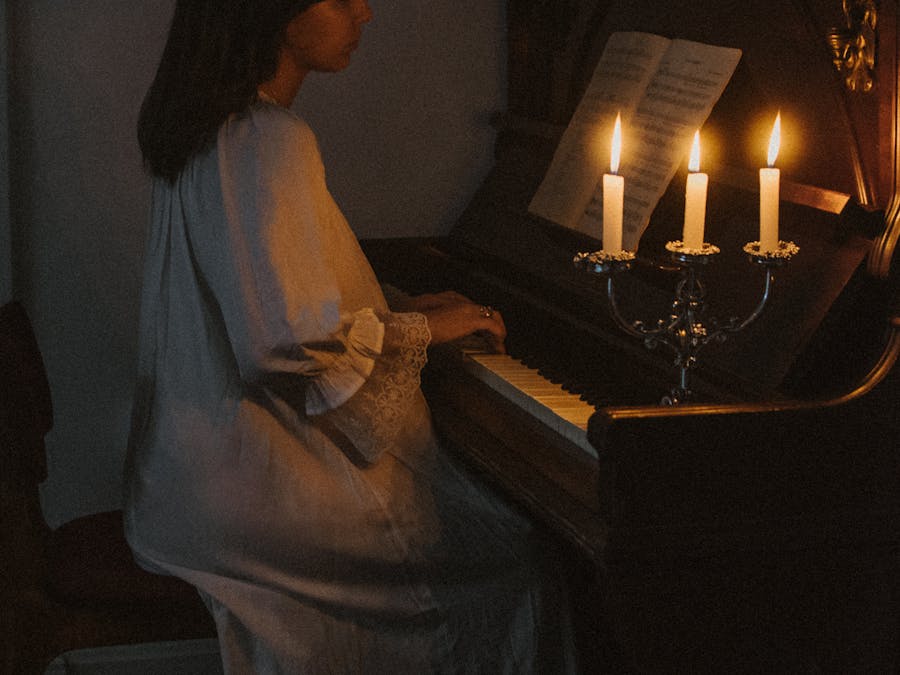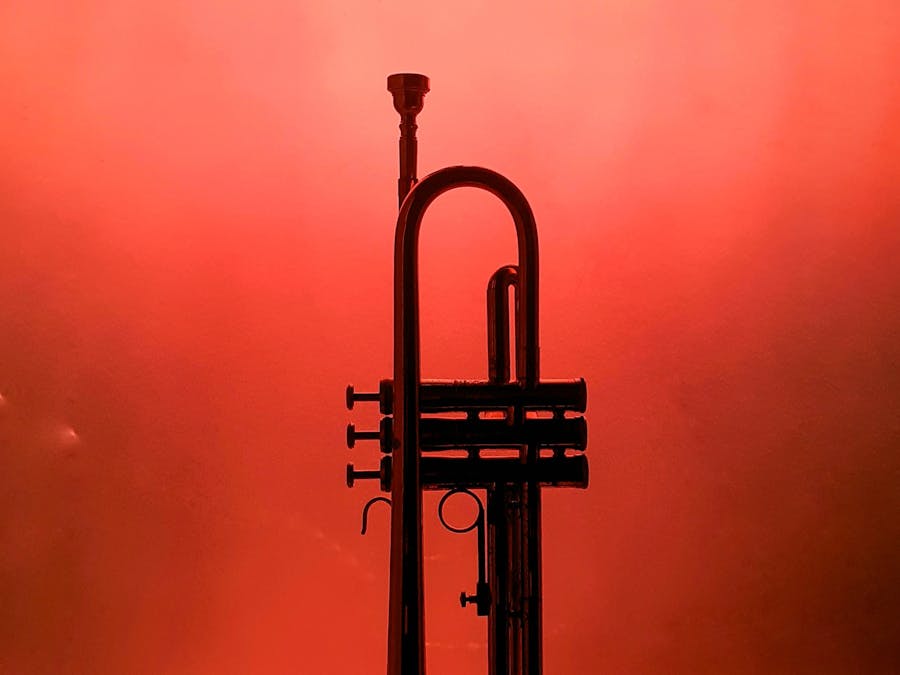 Piano Guidance
Piano Guidance
 Piano Guidance
Piano Guidance

 Photo: Charles Parker
Photo: Charles Parker
once a week How often should piano lessons be? Piano lessons are typically done once a week. This is the universal standard for most piano teachers. Having a week between lessons allows the student to practise the material at least a few times before the next lesson.

What is the purpose of downshifting? Downshifting is necessary in order to put the car in the optimal gear to maximize acceleration when the time...
Read More »
After her first album, Billie Eilish started using autotune in the studio to shorten the production times. Nowadays, she uses pitch correction and...
Read More »Thinking about taking piano lessons? This article will answer the questions How Often Should I Take Piano Lessons, and help clarify your decision before hiring a good piano teacher. How often should piano lessons be? Piano lessons are typically done once a week. This is the universal standard for most piano teachers. Having a week between lessons allows the student to practise the material at least a few times before the next lesson. This ensures that the material is well integrated before anything new is taught. Time between lessons also allows the student to develop good practise habits, which is just as important as the lesson itself. Is one piano lesson a week enough? One piano lesson a week is enough for most people. In some cases, more than one lesson per week can be recommended. For example, a second lesson could be used to cover certain complimentary topics such as music theory, music history, or even piano technique. In other cases, students may have difficulty working on the material on their own. This may be due to a lack of discipline, or it could be because of a learning disability or concentration issue. In these cases, a second weekly lesson can be used to review the material that was covered in the first. It can also serve to reinforce good practise habits in the student. How long should music lessons be? The average music lesson is one hour. This provides the ideal amount of time for a music teacher to cover the lesson material, answer questions and allow the student to practise the material. This length of time is ideal for adults, teenagers and certain determined kids. Most music schools also offer 30 minute or 45 minute options. A 30 minute music lesson is ideal for kids under the age of 12. Although some kids can handle a 1 hour lesson, most do not have the proper attention span or motivation and will get distracted before the lesson is over. A 45 minute music lesson can be a great option for students aged 10 and older. It also provides a less expensive option for the price conscious shopper, and still provides a decent amount of lesson time. How many lessons does it take to learn piano? First you need to determine what your goal is for learning piano. For example, if you are a beginner and your goal is to become proficient at reading music and playing simple repertoire like Amazing Grace, Au Claire de la Lune, or Jingle Bells, then most piano students can get there in 4 to 12 piano lessons. This is the equivalent of 1 to 3 months of piano lessons. If your goal is to become a high level jazz or classical pianist, then it will take years of training under the guidance of renowned piano teachers. According to a famous study by psychologist Anders Ericsson, elite musicians in the most prestigious music academies in world, practised their instrument on average 10 000 hours before reaching an elite level. That’s around 3 hours a day for 10 years. Important factors that will influence piano learning speed are age, inherent musical ability, practise habits and overall motivation.

minor key Most of the time, when all else is held constant, music in a major key is judged as happy while minor key music is heard as sad. Feb 14,...
Read More »
According to the Guinness Book of World Records, the loudest (and largest) instrument in the world is the Boardwalk Hall Auditorium Organ. This...
Read More »(And How Parents Can Prevent It) The student is not musically talented (or at least thought they weren't). The student is too busy with other activities. The student hates practicing (or the parents grow weary of begging the child to practice). The student doesn't like their teacher.
Each fall, students throughout the country enthusiastically begin an instrument through their school’s music program. One or two years later, more than 50% of students quit; unable to enjoy all that music education has to offer for the rest of their K-12 schooling, if not beyond. During my time as an educator and administrator, parents and students have shared with me several reasons why the child quit their musical instrument, including:

What you want to do instead is take the broken key to a locksmith or your hardware store. With both halves of the key, they will fix the issue by...
Read More »
Vladimir Horowitz (1903-1989) There's a strong case to be made for Vladimir Horowitz to be crowned the greatest pianist of all time. He made his...
Read More »
Classical music for studying: the 14 greatest pieces for brain... Salzburg Symphony No. 1 ('Divertimento in D major') – Mozart. ... Canon in D –...
Read More »
List of 60+ Musical Instruments Names Piano Flute Drums Tambourine Trombone Electronic drums Drum pad Clarinet Tuba Bass drum Snare drum Piccolo...
Read More »